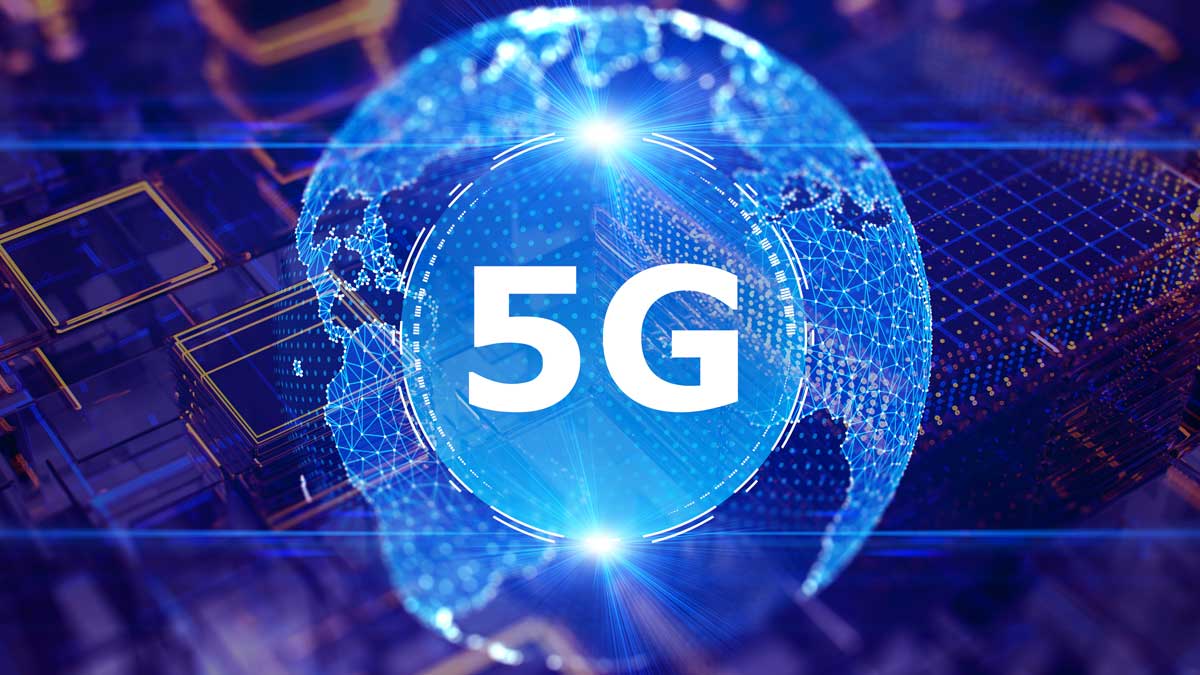How 5G Will Transform Internet Connectivity in Nigeria
The rollout of 5G technology in Nigeria is set to revolutionize internet connectivity, bringing unprecedented speed, reliability, and capacity to the nation. As the fifth generation of mobile network technology, 5G promises to drive innovation, bridge digital divides, and unlock new opportunities across various sectors. Here’s how 5G will transform internet connectivity in Nigeria.
1. Ultra-Fast Internet Speeds
5G offers speeds up to 100 times faster than 4G, enabling seamless online experiences.
- What This Means for Nigerians:
- Faster downloads and uploads for large files.
- Enhanced streaming quality for videos, gaming, and virtual reality (VR).
- Improved real-time communication through video calls and conferencing.
- Impact:
- Empowering businesses to operate more efficiently.
- Supporting high-quality e-learning platforms.
2. Improved Network Reliability
5G networks are designed to be more stable and reliable, even in high-traffic areas.
- Key Benefits:
- Consistent connectivity in urban centers and densely populated areas.
- Fewer disruptions during peak usage times.
- Impact:
- Reliable internet for businesses and remote workers.
- Enhanced experience for users in crowded events or public spaces.
3. Bridging the Digital Divide
5G has the potential to extend connectivity to underserved and rural areas.
- Challenges Addressed:
- Poor internet access in remote regions.
- Limited infrastructure for traditional broadband services.
- Impact:
- Increased access to online education, healthcare, and financial services.
- Opportunities for rural businesses to participate in the digital economy.
4. Enabling Smart Cities
5G will be a critical enabler for the development of smart cities in Nigeria.
- Key Features:
- Real-time data sharing for traffic management and public safety.
- IoT integration for efficient energy and waste management.
- Smart home and building automation.
- Impact:
- Improved quality of life in urban areas.
- Attraction of foreign investments and technological advancements.
5. Revolutionizing Industries
5G will transform industries by enabling advanced technologies like IoT, AI, and robotics.
- Key Applications:
- Healthcare: Telemedicine, remote surgeries, and AI-powered diagnostics.
- Agriculture: Precision farming with IoT sensors and drones.
- Education: Interactive virtual classrooms and e-learning platforms.
- Finance: Enhanced mobile banking and fintech services.
- Impact:
- Boosting productivity and innovation across sectors.
- Creating new job opportunities in tech-driven fields.
6. Accelerating E-Commerce
5G will enhance the online shopping experience and streamline logistics.
- Key Benefits:
- Faster website loading times for e-commerce platforms.
- Real-time tracking of deliveries and inventory management.
- Improved customer service through AI chatbots and virtual assistants.
- Impact:
- Growth of Nigeria’s e-commerce sector.
- Increased consumer trust and satisfaction.
7. Supporting Startups and Innovation
5G will provide the foundation for Nigerian startups to develop innovative solutions.
- Opportunities for Startups:
- Development of AR/VR applications for entertainment and education.
- Creation of IoT devices for local challenges like power management.
- Leveraging AI for business automation and analytics.
- Impact:
- Strengthening Nigeria’s position as a tech hub in Africa.
- Attracting global partnerships and investments.
8. Challenges to Overcome
While 5G offers immense potential, its implementation in Nigeria faces challenges:
- High Deployment Costs: Infrastructure development requires significant investment.
- Limited Device Compatibility: Many Nigerians may not afford 5G-enabled devices initially.
- Regulatory Hurdles: Policies must support smooth deployment and operations.
- Energy Constraints: Reliable electricity is essential for maintaining 5G infrastructure.
9. Government and Private Sector Initiatives
To realize the full potential of 5G, collaborative efforts are essential:
- Government Role:
- Develop supportive policies and regulations.
- Invest in rural connectivity projects.
- Private Sector Contribution:
- Telecom companies like MTN and Airtel are leading 5G trials and rollouts.
- Partnerships with tech companies for innovative solutions.
10. The Road Ahead
The adoption of 5G in Nigeria will be a gradual process, but its impact will be transformative:
- Short-Term: Improved mobile internet speeds and connectivity in urban areas.
- Long-Term: Integration of 5G into every aspect of life, driving economic growth and technological advancements.
Conclusion
5G technology will revolutionize internet connectivity in Nigeria, unlocking new opportunities for individuals, businesses, and the economy. By addressing challenges and fostering collaboration, Nigeria can leverage 5G to build a more connected and innovative future.






